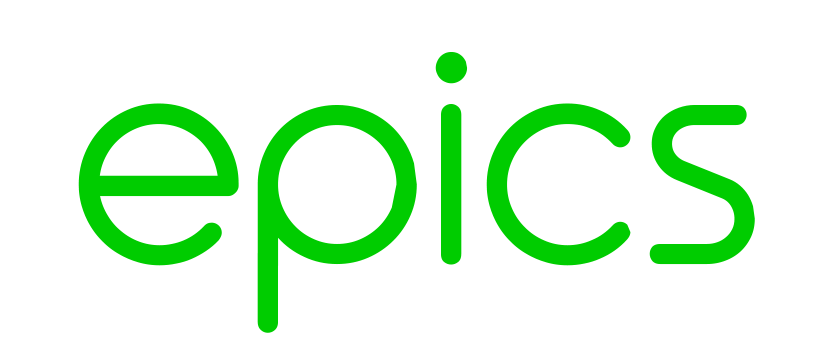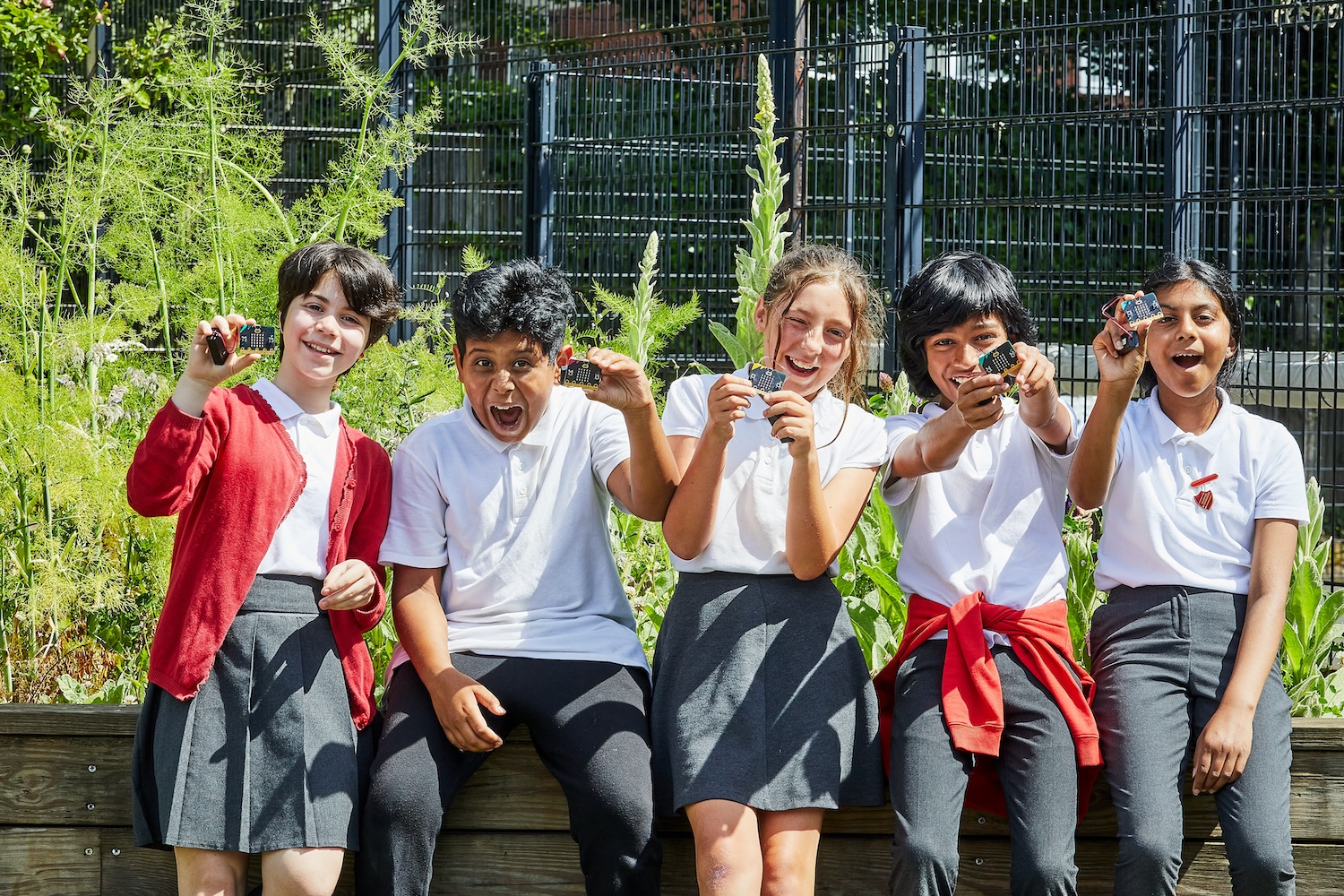
Physical computing involves combining software and hardware to build interactive physical systems that sense and respond to the real world. There are now several physical computing kits that educators and learners can use to explore the connection between computing and the environment. The BBC micro:bit is one such physical computing device: it’s a pocket-sized computer which can be programmed in many different ways and has multiple uses. It was first developed in 2015 and distributed to lower secondary school students in 2016. Since then many countries around the world have started to use this physical computing device, and in 2023, the BBC micro:bit – the next gen campaign was launched to distribute class sets of micro:bits to primary schools around the UK, together with a new range of resources.

While we have seen through previous research that young people find the BBC micro:bit and other physical computing devices accessible and engaging in the short term – see some examples of research papers at the bottom of this article – we don’t have any longitudinal research to find out whether these early experiences impact confidence and creativity in future years. Thus, in January the Raspberry Pi Computing Education Research Centre announced a new partnership with Micro:bit Educational Foundation, BBC and Nominet to conduct a longitudinal study around physical computing, lasting five years.
This project aims to investigate the experience of young people who have engaged with the BBC micro:bit and other physical computing devices in the next gen initiative and to develop insights into changes in attitudes, agency and creativity at key points as they progress from primary through to secondary education in the UK. We’re grateful to the Micro:bit Educational Foundation, the BBC, and Nominet, for supporting this project.
What do we want to find out?
We primarily want to investigate whether engagement with physical computing (as exemplified by the BBC micro:bit) supports the long-term development of young people’s creativity, technological self-efficacy and technological agency. We’re also interested in the influence of teachers and parents, and their perception of the value of physical computing. Finally, we want to look at gender balance and the transition from primary to secondary school.
What will we be doing?
We aim to regularly engage with a small group of children who are 8 and 9 (Y4 in England and Wales, P5 in Scotland and Northern Ireland) at the start of the programme and find out how their interests and attitudes develop over the next five years. The research also involves engagement with their teachers and parents.
We will also conduct regular surveys or larger-scale research initiatives to see how schools’ use of physical computing changes over time.
How to get involved
This project will run from March 2024 to February 2029. This project is UK-wide so we will be looking to engage with schools in England, Scotland, Wales and Northern Ireland. There will be two opportunities to be involved:
- We are looking for a small number of primary schools in the UK who are interested in a long-term relationship with the project. The form below allows you to express an interest and find out more without any commitment. If we receive interest from more schools than we need, we will use geographical distribution across the UK as the main criteria to select schools. Schools should have received a set of micro:bits as part of the next gen campaign, and be willing to deliver a unit of work focused around the micro:bit every year.
- We also want to work with a wider group of primary and secondary schools who might be able to help us with annual data collection surveys about their use of physical computing.
We also want to hear from you if you can’t get involved, but you’d like to keep in touch with the progress of this project on a regular basis.
For any of these, we’ve created a short form for expression of interest:
Previous research studies relating to the micro:bit
Cederqvist, A.-M. (2022). Designing and coding with BBC micro:bit to solve a real-world task – a challenging movement between contexts. Education and Information Technologies, 27(5), 5917–5951. https://doi.org/10.1007/s10639-021-10865-w
Hodges, S., Sentance, S., Finney, J., & Ball, T. (2020). Physical Computing: A Key Element of Modern Computer Science Education. Computer, 53(4), 20–30. https://doi.org/10.1109/MC.2019.2935058
Kalelioglu, F., & Sentance, S. (2020). Teaching with physical computing in school: The case of the micro:bit. Education and Information Technologies, 25(4), 2577–2603. https://doi.org/10.1007/s10639-019-10080-8
Kalogiannakis, M., Tzagaraki, E., & Papadakis, S. (2021). A Systematic Review of the Use of BBC Micro:bit in Primary School. Conference Proceedings. New Perspectives in Science Education 2021. https://conference.pixel-online.net/library_scheda.php?id_abs=5036
Kastner-Hauler, O., Tengler, K., Sabitzer, B., & Lavicza, Z. (2022). Combined Effects of Block-Based Programming and Physical Computing on Primary Students’ Computational Thinking Skills. Frontiers in Psychology, 13. https://www.frontiersin.org/journals/psychology/articles/10.3389/fpsyg.2022.875382
Korhonen, T., Salo, L., & Sormunen, K. (2019). Making with Micro:bit: Teachers and Students Learning 21st Century Competences through the Innovation Process. Proceedings of FabLearn 2019, 120–123. https://doi.org/10.1145/3311890.3311906
Sentance, S., Waite, J., Hodges, S., MacLeod, E., & Yeomans, L. E. (2017). ‘Creating Cool Stuff’—Pupils’ experience of the BBC micro:bit. In Proceedings of the 48th ACM Technical Symposium on Computer Science Education. https://doi.org/10.1145/3017680.3017749
Teiermayer, A. (2019). Improving students’ skills in physics and computer science using BBC Micro:bit. Physics Education, 54(6), 065021. https://doi.org/10.1088/1361-6552/ab4561